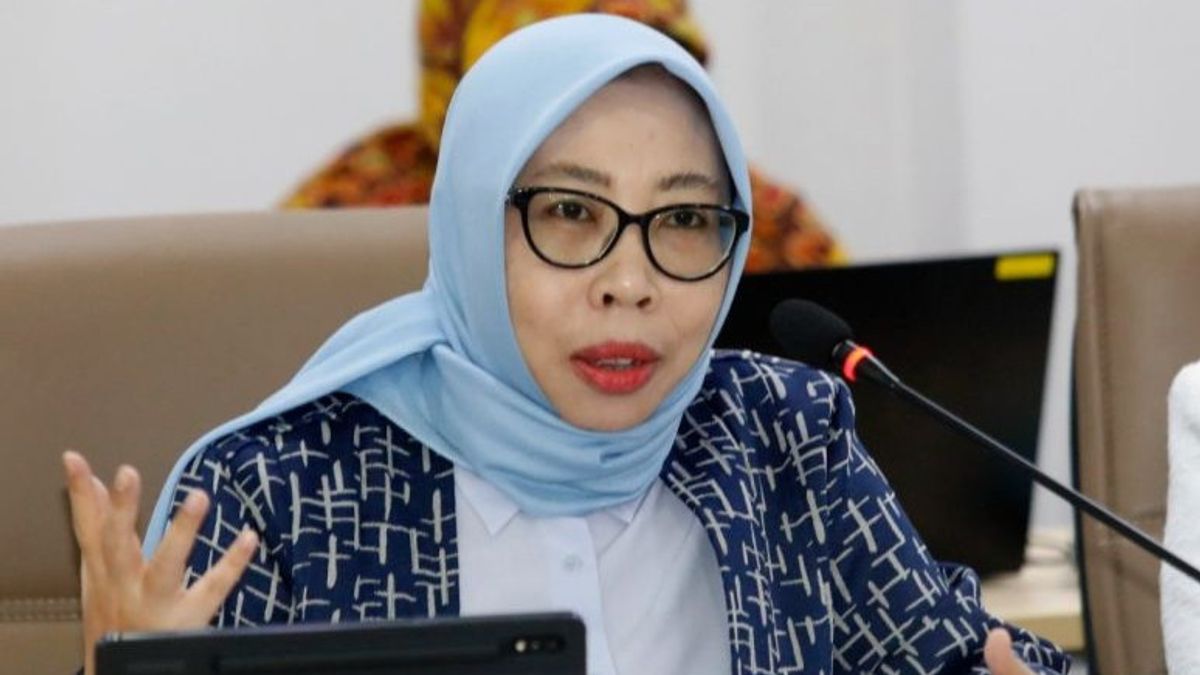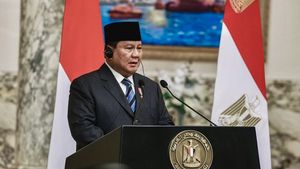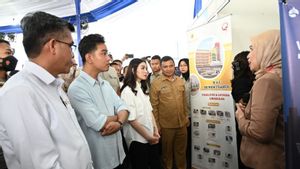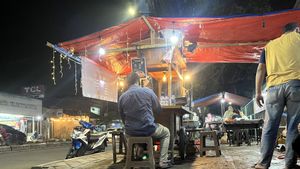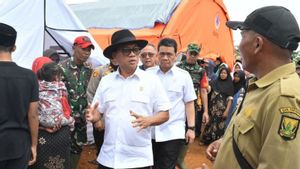JAKARTA - The discovery of broadcasting institutions, especially permissive television and providing space for public figures who perform domestic violence to appear again on the small screen, has become a serious concern from the Indonesian Broadcasting Commission (KPI).
KPI appealed to broadcasting institutions, namely TV and radio stations, not to provide space for perpetrators of Domestic Violence (KDRT) to appear in public spaces.
The appeal was conveyed by Central KPI Member for Broadcast Content Supervision Aliyah Budianto so that public spaces, namely TV and radio, can maintain a commitment to provide protection to women and children in the broadcasting medium.
"In any program, broadcasting institutions should not give space to perpetrators of violence against women and children," said Aliyah when contacted by ANTARA, Saturday.
Reflecting on data from the National Commission on Women's release in March 2023, there were 4,371 reports of cases of violence received by the agency, specifically violence against wives reached 30 percent of the total report.
"Therap kali ditemukan masih ada di siaran TV tapi tidak menutup kemungkinan terjadi juga di radio," ujarnya.
According to him, if the emergence of public figures who are known to have a track record as perpetrators of violence is broadcast to the public, it is very likely that the survivors and victims of domestic violence will lose their enthusiasm and fail to fight for their rights.
He hopes that it will not be sustainable, broadcasting institutions can be wiser and broadcast educational content about gender equality so that later cases of domestic violence can be reduced or even no longer occur in the community.
SEE ALSO:
In addition, KPI is committed to collaborating with related institutions including the Ministry of Women's Empowerment and Child Protection (Ministry of PPPA) in order to increase child-friendly and female content more often appearing through broadcasting media.
"We hope that television and radio will become a friendly space for women and children, including for women out there who still get violence and injustice," Aliyah concluded.
The English, Chinese, Japanese, Arabic, and French versions are automatically generated by the AI. So there may still be inaccuracies in translating, please always see Indonesian as our main language. (system supported by DigitalSiber.id)
